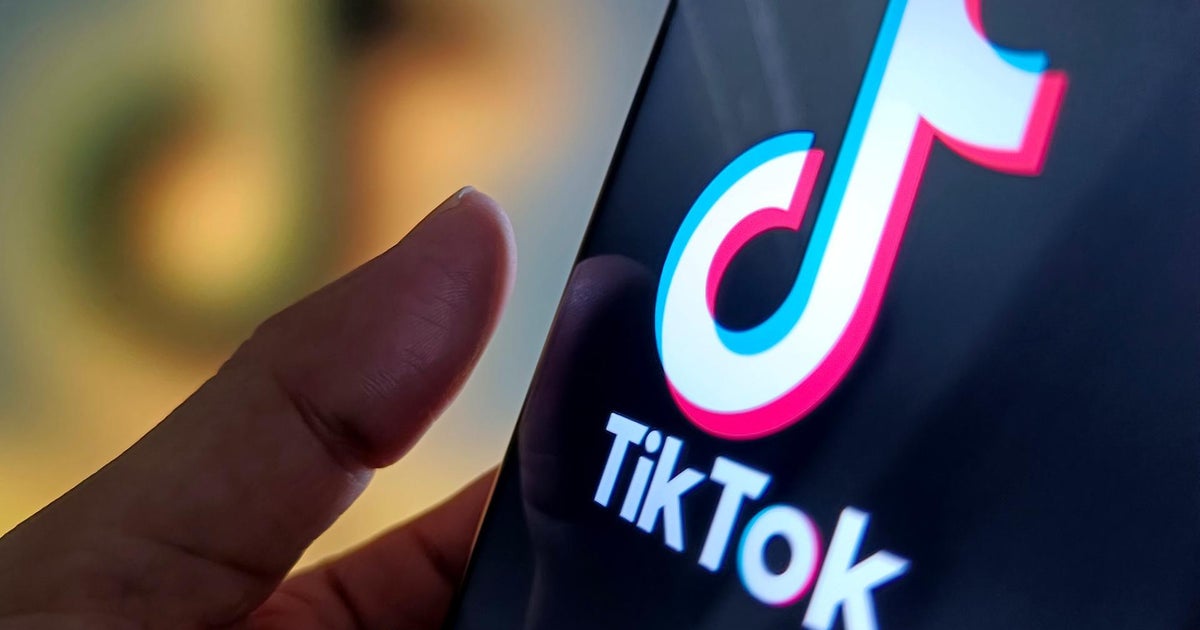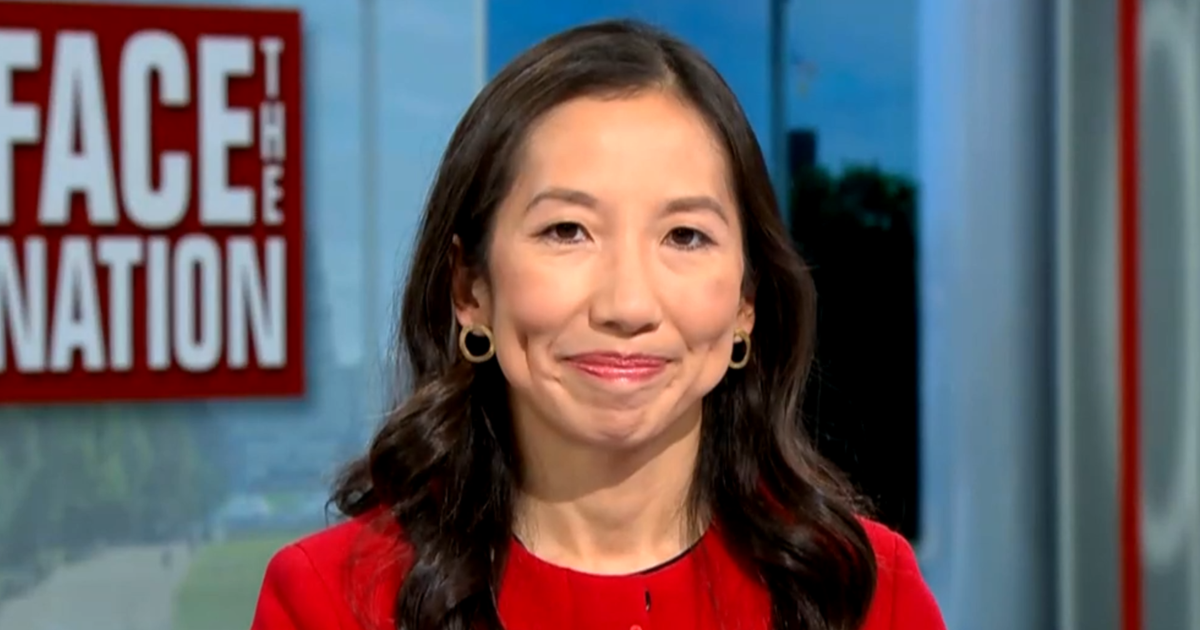Why many are taking wait-and-see view of GOP health care bill
Many Republicans are adopting a wait-and-see approach to their party’s proposed health care bill, while most Democrats oppose it.
Together that gives the current bill 12 percent support nationwide, with almost four times as many -- 47 percent -- saying it is too soon to say.
A closer look at the latest CBS News NationTracker survey suggests heading into this week that its backers still have work to do to convince the public it will help them. Americans are wondering, will the new bill help or hurt me? Public support for the bill is connected to whether people think the bill will help or hurt them personally.
Nationwide, only 18 percent believe the bill will make things better for them personally. Most are taking a wait-and-see view of the bill, saying it is too soon to say whether they support or oppose it. Twice as many people -- 37 percent -- say the bill will make things worse for them personally, and the majority of them oppose the bill.
People who think they will be worse off under the new bill tend to be lower-income and more likely to struggle with unexpected medical bills. Nearly four in ten of them say that if they received an unexpected medical bill of $500, they could not pay it, and more than one in five have trouble meeting basic household expenses.
Interestingly, 45 percent nationwide do not expect the health care bill to have an impact on them personally. Six in ten of them have not yet taken a position on the bill. Those who have a position are three times more likely to oppose the bill than support it. Despite expecting things to remain the same for themselves, many people expect the bill to affect other people.
How Will It Affect Others?
In addition to the way people think the bill will affect them personally, they also consider whether it will help or hurt other groups of Americans.
Views about the groups we asked about are definitely more pessimistic than optimistic. Most people say that the bill will make things worse for older Americans and the poor. In addition, people are more likely to say the bill hurts women, the middle class, and younger Americans than helps them. When it comes to small business, however, views are evenly split between better and worse. Across these groups, three out of ten people say things will stay the same under the new bill.
Support for the bill, or lack thereof, is also tied up with philosophical views about health care as a right or service. About two in three Americans, including the vast majority of Democrats, view health care as a right that all people deserve, regardless of what they can afford.
Half of people with this view oppose the new bill, while 43 percent of them say it is too soon to decide. About one in three Americans, including most Republicans, view healthcare as a service to be purchased like any other, based on what people are willing or able to pay. Most of these people (54 percent) are reserving judgment on the bill, but among people who take a position on it, slightly more oppose the bill (24 percent) than support it (21 percent).
The Trump Effect
Most of the people who support the bill are strong supporters of President Trump. They say that the president’s healthcare plans have improved their view of him lately.
On the other hand, people opposed to the bill tend to vehemently oppose President Trump – these are the people in the “resisters” group that the CBS News NationTracker is following. They believe that the Trump administration’s actions have gone too far when it comes to health care changes.
Nationwide, views of the president are much more likely to have worsened (44 percent) than improved (19 percent) when it comes to his health care plans.
Do People Believe the CBO?
Last week, the Congressional Budget Office (CBO) released its estimates of the proposed law’s effects on the federal budget and on the uninsured population. However, the CBO report may not change many people’s minds, given that 37 percent have never heard of the CBO, and one in three -- including most of the president’s strongest backers -- do not believe that the agency does accurate and nonpartisan work.





